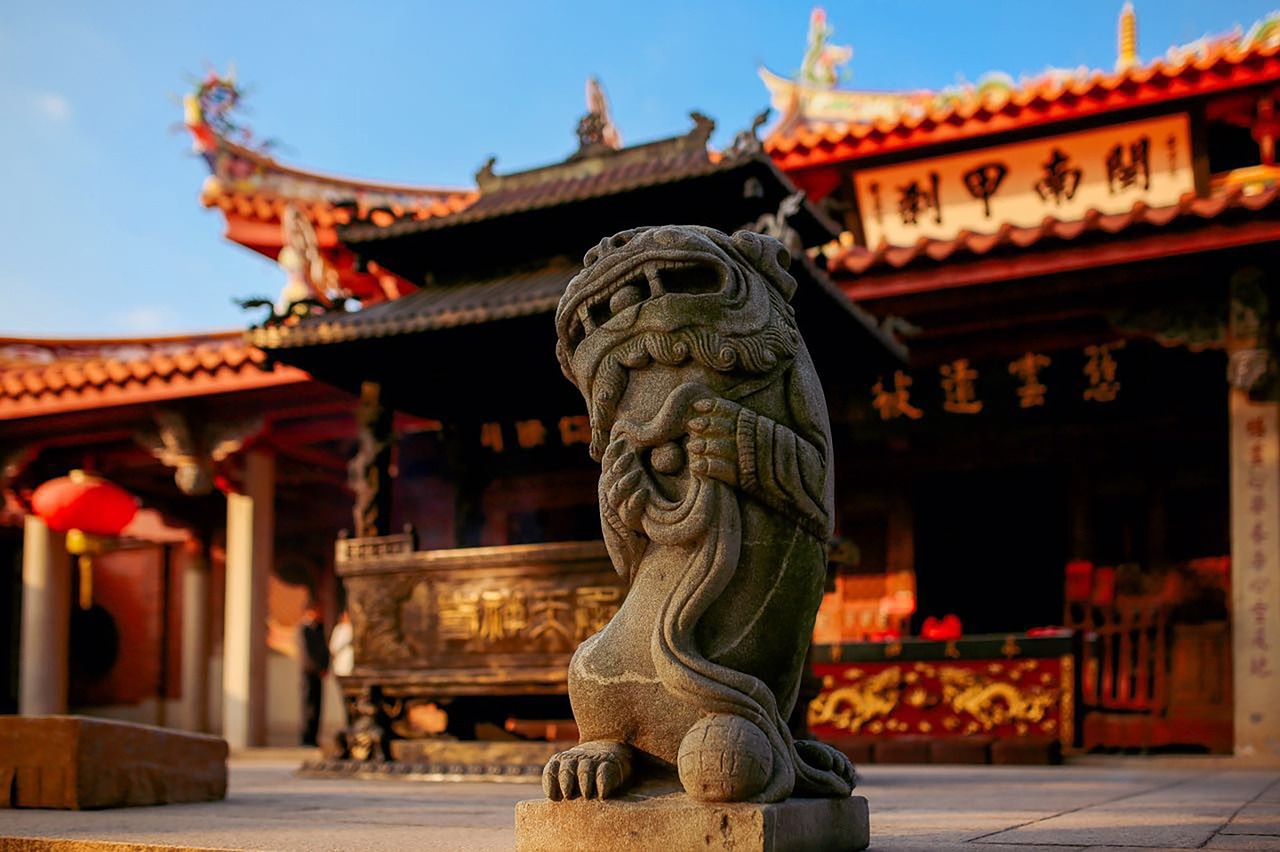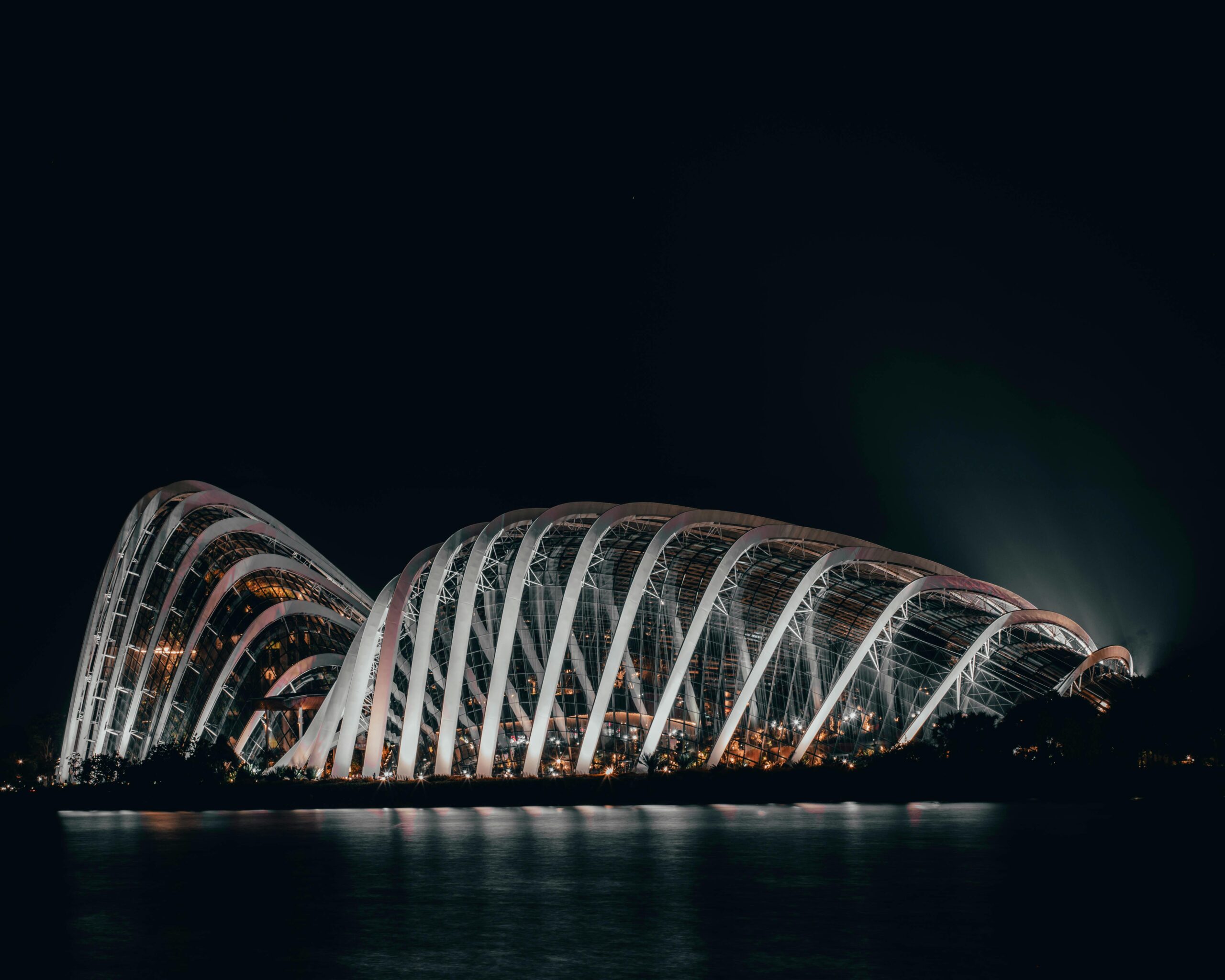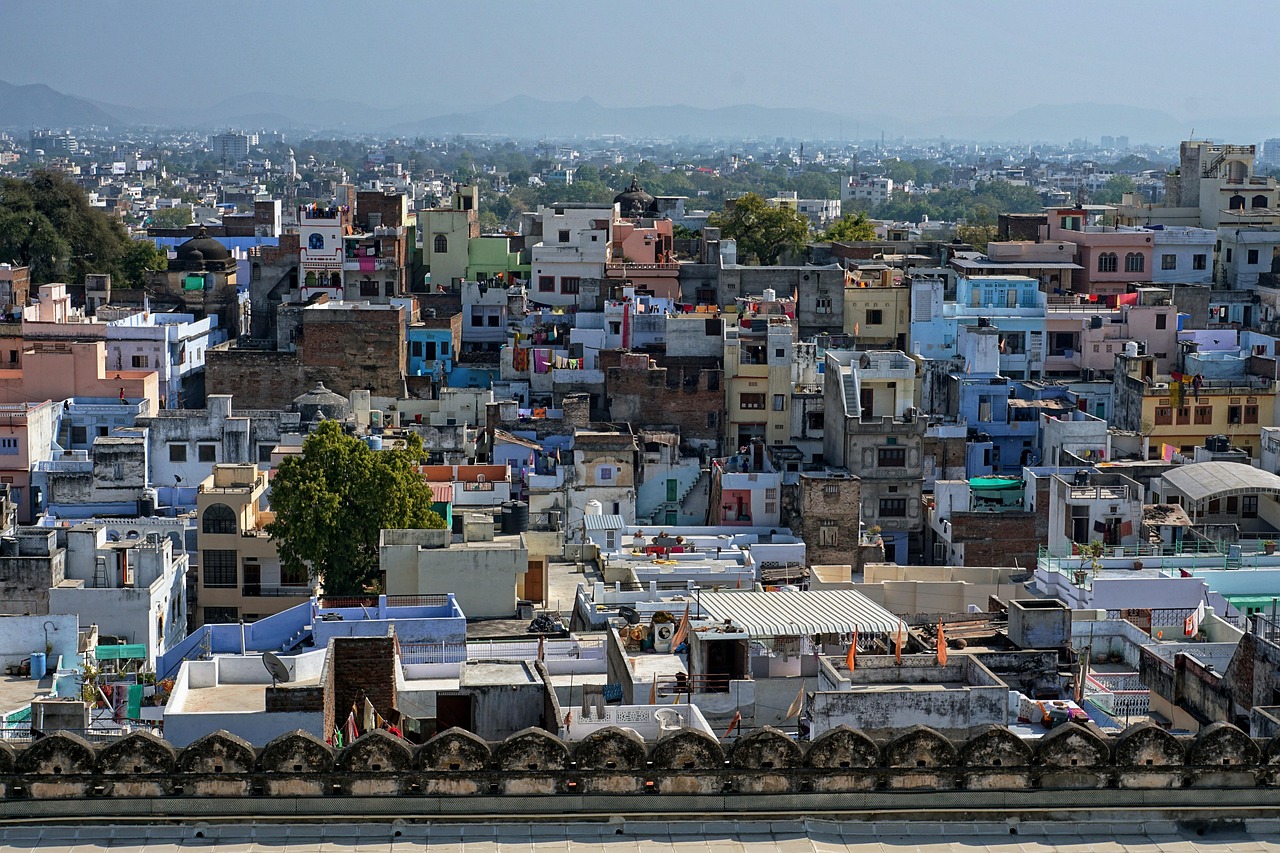- Key Takeaways
- Why Dubai Property Attracts Chinese
- The Geopolitical Safe Harbor
- What Chinese Investors Buy
- A Future Built Together
- Conclusion
- Frequently Asked Questions
Key Takeaways
- Dubai’s luxury real estate market fits perfectly with the tastes of rich Chinese buyers, providing a lifestyle synergy between cultural similarity and exclusive amenities.
- Dubai’s geographic location as a hub for international markets and businesses makes it particularly attractive to Chinese investors looking for global access.
- Dubai offers a safe and transparent real estate market, backed by strong legal protections and a track record of stability, making it an appealing choice for asset protection.
- The market is financially attractive with robust rental yields at around 7.6 per cent and foreign ownership laws that permit international investors to own property outright.
- Driven by Dubai’s status as a geopolitical safe harbour and a hub for global neutrality and diversification, demand from Chinese ultra-HNW individuals continues to escalate.
- Investors can take advantage of luxury, branded and commercial properties—building a vibrant future of cross-cultural exchange and long-term growth.
Chinese find Dubai property irresistible – strong yield, stable laws, and simple steps to buy. Most are attracted by the strong rental return, frequently exceeding 6% annually.
Dubai property laws allow foreigners to own freehold in prime locations, which attracts attention. Secure purchasing measures and rapid urban living bolster the appeal.
To explain why these are highlights for Chinese buyers, the following section will dissect the key elements.
Why Dubai Property Attracts Chinese

Dubai emerges as a preferred destination for Chinese buyers due to this rare combination of positive financial fundamentals, a world-class location and a lifestyle that aligns with what wealthy buyers are seeking. The city’s property market presents a combination of prestige and safety that entices foreign buyers.
For Chinese looking to scale wealth and safeguard assets, Dubai’s liberal investment environment and government incentives paint an inviting picture.
- Common values of family, hospitality and respect connect Chinese culture and Dubai’s luxury lifestyle.
- Just like many Chinese buyers are attracted to Dubai’s luxury brands, fine dining and world-class entertainment.
- An emphasis on quality living, wellness and exclusive communities resonates with China’s elite.
- Dubai’s lively art, shopping and cultural events resonate with the urban buzz in Chinese cities.
1. Financial Haven
With robust rental yields, averaging 7.6%, Dubai’s real estate market is attractive to investors seeking stable returns. The city’s tax-free investment policy and robust economy provide buyers with an opportunity for greater returns than in many other cities around the world.
Friendly foreign ownership laws allow Chinese buyers to easily own property outright within popular areas. A lot of China’s UHWNIs consider Dubai a safe harbor. Affluent families and professionals are drawn by its stability, transparency and prospects for appreciation.
2. Strategic Gateway
Dubai’s location between Asia, Europe and Africa positions it as an international trade center. This works well for Chinese investors who desire exposure to overseas markets.
The tourism boom keeps rental demand high, and big redevelopment projects add long-term value. Dubai’s global business environment and liberal policies attract investment from around the world.
3. Lifestyle Synergy
Dubai’s luxury lifestyle offerings—gated communities, upscale malls and five-star hotels—attract Chinese buyers who are able to afford the city’s property offerings. Additionally, the city’s multicultural vibe makes it easy for Chinese expats to feel at home, with a multitude of services and events dedicated specifically to their desires.
With great schools, Chinese restaurants and cultural clubs, families find comfort and a sense of belonging.
4. Tangible Security
Dubai is renowned for security and low crime rates, echoing what many Chinese purchasers are seeking. The legal framework is transparent and safeguards outside investors.
Dubai’s property market is robust even in worldwide downturns. Here help diversify risk and preserve capital.
The Geopolitical Safe Harbor

Dubai remains a geopolitical safe harbour for global capital, particularly for Chinese property investors. Its low crime rates, stable government, and neutral stance attract investors seeking to safeguard and increase their assets. For wealthy Chinese buyers, these strengths loom even larger as they explore real estate investment opportunities beyond their domestic market.
Global Neutrality
Dubai is a geopolitical ‘safe harbor’ in a world where other business hubs are increasingly vulnerable. The city’s international outlook levels the playing field for all investors, which draws in those seeking to escape political unrest. Diplomatic relations with a lot of countries assist as well.
Dubai’s emphasis on being on good terms implies less abrupt decisions that could affect foreign property. The city’s workforce reflects this spirit, with individuals from across the globe working elbow to elbow, helping new investors and businesses feel right at home. Investors appreciate this calm, moderate stance, particularly when world politics seems volatile.
Economic Decoupling
Chinese property investors encounter fresh constraints as world economies diverge. Economic decoupling drives them to seek safe bets outside of China, and the Dubai property market ticks a lot of boxes. By diversifying their investments, they can reduce risks if their domestic market declines.
Dubai offers a buffer: steady rules, clear property rights, and a market not tied to the swings in mainland China. Many today view the city as an attractive investment destination to harbor wealth—there are already more than 4,000 Chinese companies established in the UAE, reflecting robust demand for real estate.
Chinese buyers shell out roughly AED 1.9 million apiece on average for residences in Dubai—a clear indication they sense long-term value. The city’s tax-free arrangement assists as well; no capital gains or property tax and simple regulations for moving money in and out really set Dubai apart from other international real estate markets.
Pioneering architecture, powerful technology, and ambitious visions for the future align with what wealthy Chinese buyers experience in major cities back home. The Golden Visa program, which allows property owners to temporarily reside, has additionally increased demand among Chinese nationals. They seek both a safe harbor for their capital and new avenues of mobility and employment overseas.
Dubai’s real estate investment opportunities are rising quickly, and the Chinese are a significant part of this property boom.
What Chinese Investors Buy
Chinese property investors have their own specific tastes when it comes to the Dubai property market, influenced by both international factors and local dynamics. The table below shows the main types of properties favored by these potential buyers.
Property Type | Description | Typical Locations |
|---|---|---|
Luxury Residences | Premium apartments, villas, penthouses | Palm Jumeirah, Downtown Dubai |
Branded Properties | Residences by global hotel or lifestyle brands | Business Bay, Dubai Marina |
Commercial Spaces | Office units, retail shops, mixed-use developments | DIFC, Jumeirah Lake Towers |
Luxury Residences
High-end finishes, private pools, smart home systems and concierge service distinguish Dubai’s luxury homes. Secure gated communities provide privacy. Waterfront views or closeness to landmarks such as Burj Khalifa are an added attraction.
Chinese investors like these characteristics — they want real estate that is not just comfortable but signals status. A lot of these homes are in freehold areas that permit foreign ownership—a big lure.
While the average transaction for premium residences hovers near $743,000, Chinese investors are shelling out more than $1.1 million per deal, seeking the top units with the best amenities and locations. These places can generate strong rental returns, particularly with Dubai’s booming tourism industry.
As we’ve seen over time, the correct location can provide significant capital gains as well. Luxury homes can be a very interesting long-term play.
Branded Properties
Branded residences have enjoyed rising Chinese buyer demand. These properties—run by the likes of Address Hotels or Armani—provide a mark of quality, uniform maintenance and familiar status.
For buyers, the draw is twofold: trusted standards and higher potential resale values. Branded homes usually get a premium and are easier to lease or sell, particularly to international tenants or buyers.
Things like The Residences at St. Regis or Bulgari Resort literally sell like hotcakes, because it merges luxury with brand cachet.
Commercial Spaces
As Chinese companies move into Dubai, the need for office and retail space increases. Offices in Dubai International Financial Centre or Jumeirah Lake Towers provide connectivity to international trade routes and business communities, catering to personal business occupation as well as tenant rental plans.
Commercial properties make more return than a lot of apartments, particularly if rented out to foreign companies. Dubai’s pro-business policies—like long-term visas and free zones—make it even more attractive.
Others distribute their portfolio with mixed-use towers, mixing residential and retail holdings in one development.
Key Neighborhoods
Palm Jumeirah and Downtown Dubai lead the rankings for luxury homes, making the Dubai property market an attractive investment destination. Business Bay and Dubai Marina lure branded buyers, while DIFC and Jumeirah Lake Towers attract international real estate investors.
A Future Built Together
Dubai’s real estate market is a perfect illustration of how global interest builds a city. For the last 20 years, Dubai has seen consistent growth in its real estate sector. This growth is not only in size but also in the diversity of the types of individuals and organizations, including Chinese property investors, who now consider Dubai to be their home.
Chinese investors, specifically, have a growing part. Their consistent appeal stems from Dubai’s combination of high value gains, stable yields and user-friendly purchasing regulations. For most, Dubai’s policies are less cumbersome than those at home with full payments or hard loans.
A nice example is International City. In 2009, not many folks resided there. Today, it’s a bustling neighborhood, thanks to revitalized investor confidence and fresh funding. This sort of transformation is not unusual in the Dubai property market, especially with the influx of foreign investors.
Ever since Dubai opened its property ownership to foreigners, the market has experienced tremendous growth, attracting investors worldwide. Property prices confirm it. Residential real estate prices in Dubai are up 225% since Q3 2020, according to Knight Frank’s research, as of Q2 2023. These statistics underscore why wealthy Chinese view Dubai as an ideal investment destination for their capital.
This growing demand is forging fresh connections between Chinese firms and regional developers. As more Chinese buyers eye Dubai, partnerships bloom. These connections can result in larger initiatives, greater opportunities for growth, and higher returns for everyone.
The enhancement from Chinese travelers uplifts the community economy that in turn sustains even more real estate growth. Developers have observed, and now spend more on new off-plan projects to answer this need.
It’s not about the money. It’s not just about the technology, it’s about shared vision and culture and an emerging community. The vision is here—China and Dubai construct a future together, on common purpose and confidence.
Conclusion
In summary, Chinese buyers continue to see Dubai as a source of safe, high-yield, and transparent market rules. Others see real estate growth and concrete buying paths. Yet buyers gravitate toward prime locations such as Downtown Dubai or Palm Jumeirah, attracted by new homes and healthy rental yields. The city’s reliable regulations and international connections provide confidence. For investors, there’s both short-term advantage and long-term security. Dubai just keeps evolving, new projects, new technology, making it easy to purchase. For anyone considering expanding their portfolio or gaining a global perspective, Dubai’s property scene is hard to beat. Explore recent deals, get advice from professionals and discover what matches your ambitions.
Frequently Asked Questions
Why do Chinese investors find Dubai property attractive?
Dubai provides an attractive investment destination with a tax-friendly haven that draws wealthy Chinese property investors.
What types of properties in Dubai are Chinese buyers interested in?
Chinese property investors often favour luxury apartments, villas, and commercial spaces in the Dubai property market, particularly in city-centre business districts.
Is Dubai considered a safe investment destination for Chinese buyers?
Yes, it’s a safe bet, too! Its transparent property legislation and investor-oriented policies make the UAE an attractive investment destination for international real estate investors.
Are there any restrictions for Chinese citizens buying property in Dubai?
Dubai’s mono-economy allows foreign investors, including wealthy Chinese property buyers, to purchase legally protected properties with clear title deeds.
What are the benefits of investing in Dubai property for Chinese investors?
They enjoy superior rental yields and potential long-term capital appreciation, making Dubai an attractive investment destination for international real estate investors.
How do Chinese investors usually purchase property in Dubai?
Most property investors deal with local brokers, use offshore banks, and may travel to Dubai for viewing tours prior to their real estate investments.
What future trends are expected in Chinese investment in Dubai real estate?
China’s investment in Dubai is expected to grow as the ongoing collaboration and fresh infrastructure initiatives make the city an attractive investment destination for international real estate investors.



